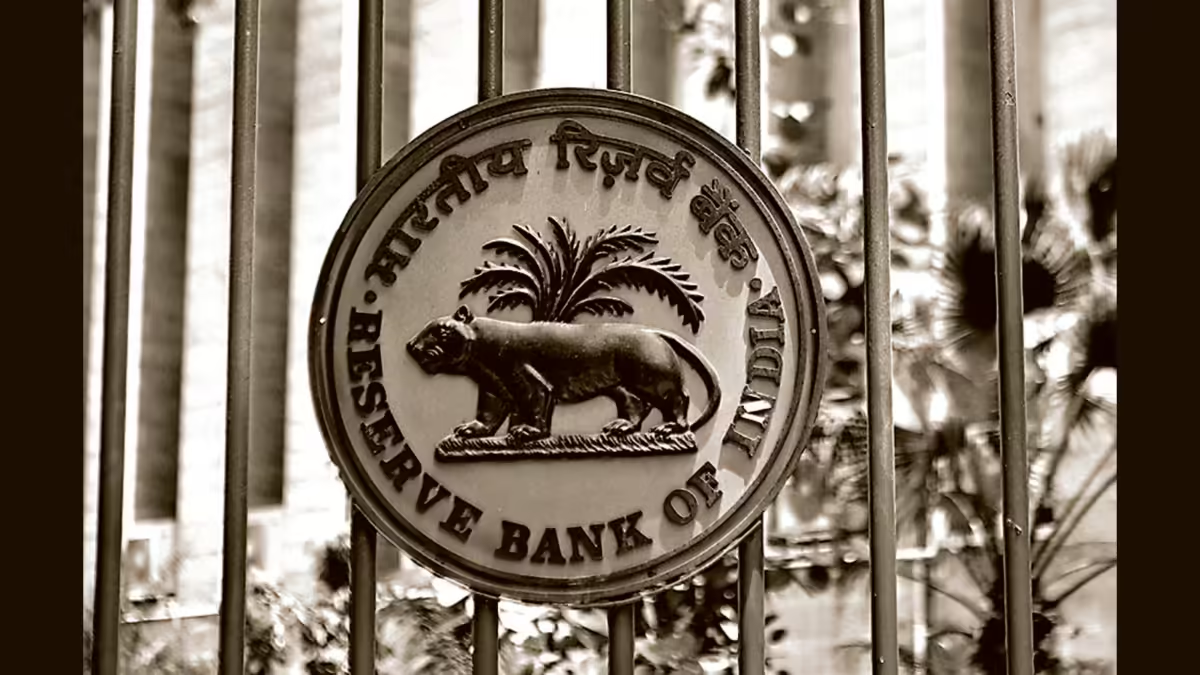- The Monetary Policy Committee (MPC), which met here from April 3 to 5, recently opted to keep the repo rate at 6.5% and maintain a monetary policy stance of ‘removal of accommodation’.
- Withdrawing accommodation involves limiting the money supply in the system, which further controls inflation. (Temporary Provision)
Why is the RBI leery of announcing an early success over inflation?
- Persistent Food Inflation: Despite promises of moderate inflation, food inflation has been a source of concern, particularly due to the high prices of grains and vegetables. In February, food inflation was 8.7%, with food grain inflation remaining high at 9.8%.
- Food inflation has a greater impact on lower-income deciles compared to higher deciles. In February, the bottom 20% of the urban population saw 5.5% inflation, compared to 4.7% for the top 20%. This pattern holds true in rural areas as well.
- Management Issues: The RBI faces difficulty in managing inflation while supporting growth, particularly when inflation is high due to geopolitical factors. While central bank policy changes cannot directly reduce supply shock-driven inflation, they can keep high prices from spreading.
Why has the RBI kept policy rates unchanged?
- High Economic Growth: In order to maintain high growth, the RBI is focusing on price and financial stability. The central bank anticipates the Indian economy to increase by 7% in fiscal year 2024-25.
- Benign Core Inflation: Benign core inflation has steadily dropped in recent months, indicating that solid growth has not resulted in inflation. The RBI finds satisfaction in lowering core inflation rates.
- Monetary Policy Stance in Response to Food Inflation: The RBI is anticipated to keep policy rates unchanged until October 2024 to examine evolving risks connected with food inflation. The central bank is cautious and prefers to adopt a risk-minimization mode to align inflation with its aim while supporting growth.
- Global Economic Conditions: The RBI is keeping track of global economic trends and external factors that may have an impact on domestic inflation and growth. The central bank recognises the risks posed by geopolitical tensions, volatility in international financial markets, and geoeconomic fragmentation.
Conclusion:
The RBI has been cautious due to continuing food inflation affecting lower-income groups, problems in managing it, and the need to identify emerging threats. The MPC’s fixed policy rates reflect this caution in the face of strong growth and low core inflation.
Source: https://indianexpress.com/article/opinion/columns/why-rbi-wary-of-declaring-early-victory-over-inflation-9253330/

